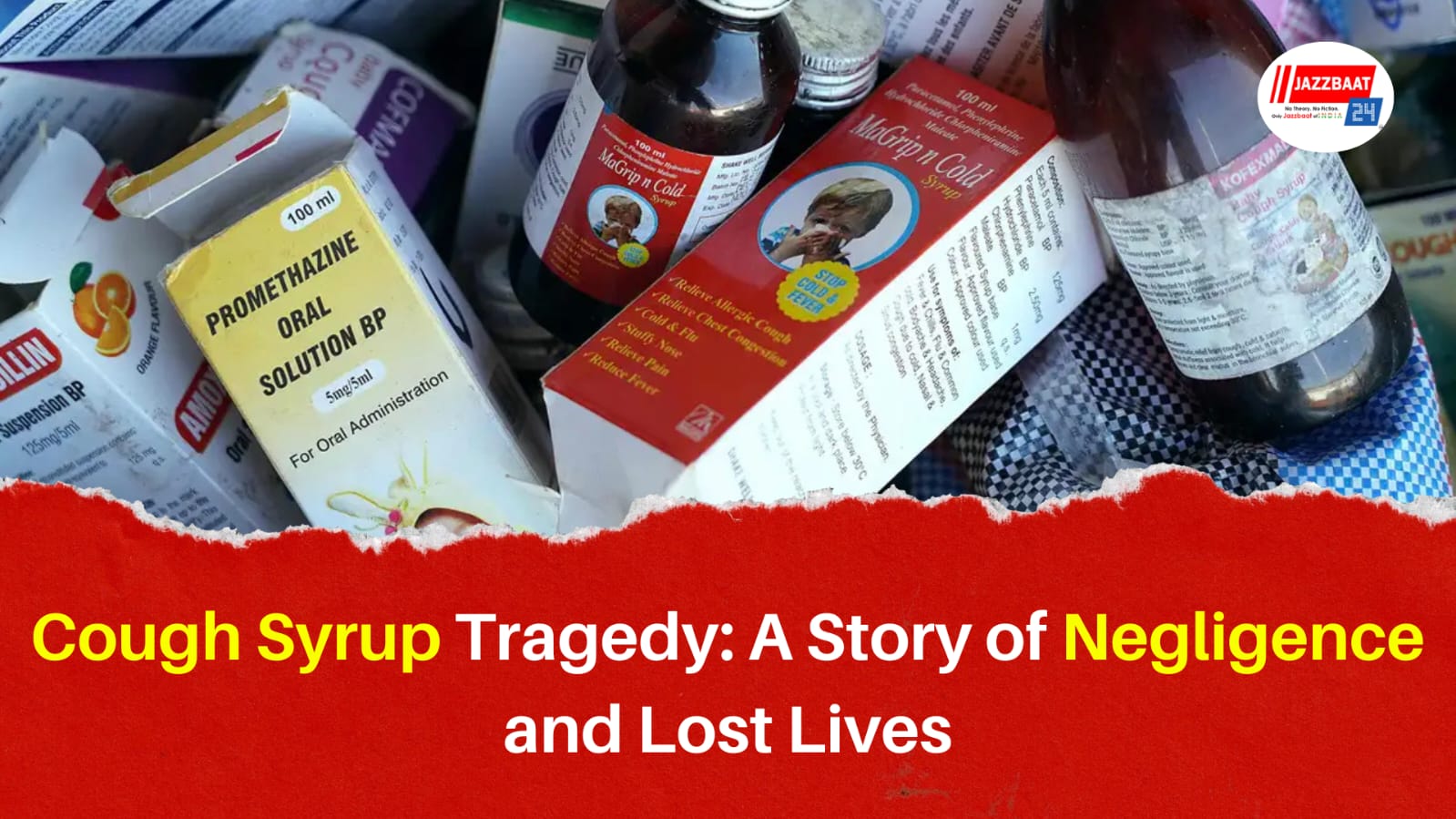
The deaths of eleven children in Madhya Pradesh have exposed a disturbing reality about our health system one where bureaucratic delays cost young lives while other states act swiftly to prevent tragedy.
Between late August and early October, families in Parasia block watched helplessly as their children fell ill with alarming symptoms: fever, vomiting, and a sudden inability to urinate. What seemed like a severe illness turned fatal for eleven children, all of whom had reportedly consumed Coldrif cough syrup before falling sick.
The contrast between Madhya Pradesh and Tamil Nadu's response tells a troubling story. Tamil Nadu's drug control department received information about the contaminated syrup on October 1st, right during government holidays. Instead of waiting, their scientists worked through Gandhi Jayanti and Dussehra, conducting tests that revealed a shocking truth: the cough syrup contained 48.6% Diethylene Glycol, a poisonous industrial chemical that destroys kidneys.
Within 48 hours, Tamil Nadu had banned the syrup, frozen all stock, and shut down the manufacturer. Meanwhile, in Madhya Pradesh, the first case of kidney failure was reported on August 24th. The state didn't ban the syrup until September 29th, over a month later and only after multiple deaths had occurred.
Perhaps the most disturbing aspect of this tragedy is that not a single child underwent a post-mortem examination. When questioned, local officials claimed families refused consent. But when reporters spoke to the grieving parents, a different picture emerged.
"No one from the administration or hospital ever asked for a postmortem," said Yasin Khan, who lost his five-year-old son Usaid. Other families echoed the same story they were never informed about the necessity of an autopsy, never given a choice.
Without forensic evidence, there's no concrete proof linking the deaths to the syrup, no clear path to justice, and no closure for families who lost their children.
While doctors in Nagpur had already identified kidney toxicity in biopsy reports, Coldrif syrup continued to be sold and prescribed in Chhindwara until late September. One pediatrician, whose clinic treated most of the affected children, continued prescribing the syrup even after toxicity reports emerged. His family's medical stores kept selling it unchecked.
The investigation has revealed that a deputy drug controller responsible for monitoring drug safety went on a pilgrimage during this critical period. Laboratory analysts observed festival holidays while children's lives hung in the balance. The urgency that should define public health response was nowhere to be found.
This tragedy raises fundamental questions about accountability in our healthcare system. If Tamil Nadu could mobilize its resources within hours during a holiday period, why did Madhya Pradesh take weeks despite multiple deaths? Why were families not informed about the importance of post-mortems? Why were officials on vacation during a health crisis?
Chief Minister Mohan Yadav called the deaths "extremely tragic" and announced strict action after the Tamil Nadu report arrived. But for eleven families in Parasia, these words offer little comfort. Their children are gone, victims not just of contaminated medicine, but of a system that moved too slowly when speed was everything.
As six more children fight for their lives in hospitals, one thing is clear: this was a preventable tragedy. The only question now is whether anyone will be held accountable for letting it happen.